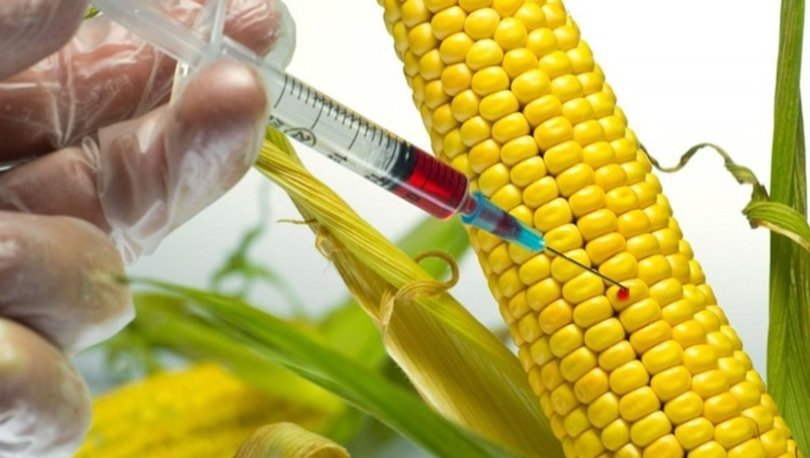The statement that genetically modified gm crops are the only solution to the threat of severe famine and starvation due to a lack of sufficient food resources for the world’s ever-increasing population is a controversial one. There are arguments for and against the use of GM crops as a means to alleviate global hunger and malnutrition.
On the one hand, advocates of gm crops argue that they can increase crop yields, reduce the use of harmful pesticides, and improve the nutritional value of food. By modifying plants to be more resistant to pests and diseases or grow in less hospitable environments, it is possible to increase agricultural productivity and feed more people. Additionally, the use of GM crops could help reduce food waste and decrease the cost of food production, which could help make food more accessible and affordable for people in poverty. On the other hand, critics of gm crops argue that the long-term effects on the environment, biodiversity, and human health are not yet fully understood. Concerns have been raised about the potential for unintended consequences, such as the development of superweeds and the loss of beneficial insects. Additionally, there are concerns that gm crops could harm human health, particularly if they contain allergens or toxins that could cause unintended harm to people who consume them. Moreover, it is essential to recognize that the root causes of global hunger and malnutrition are complex and multifaceted. While food production is one factor, other factors include inadequate infrastructure for food distribution, poverty, and political instability. It is crucial to address these underlying issues, as simply increasing food production through the use of gm crops may not address these systemic problems.
Another concern is that the use of gm crops is often associated with large agribusinesses with vested interests in promoting and selling genetically modified seeds. These corporations prioritize profits over public health and sustainability, which can lead to social and environmental harm.
In conclusion, while genetically modified crops may have the potential to alleviate food shortages, they are not the only solution to the problem of global hunger and malnutrition. There are many factors to consider, such as the long-term environmental and health effects of GM crops, the potential for unintended consequences, and the root causes of food insecurity. It is important to take a balanced approach that considers the potential benefits and risks of GM crops and the many other factors contributing to global food insecurity. Ultimately, a comprehensive approach that addresses the underlying causes of food insecurity is essential to ensure that everyone has access to sufficient and nutritious food.

